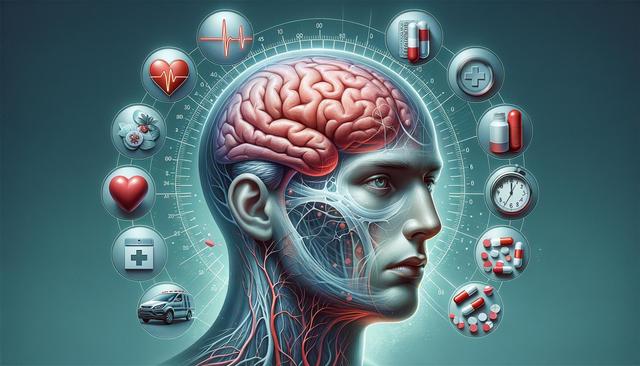Understanding the Role of the Thyroid Gland
The thyroid is a small, butterfly-shaped gland located at the base of the neck. Despite its size, it plays a critical role in regulating the body’s metabolism through the release of thyroid hormones. These hormones influence how the body uses energy, maintains temperature, and supports the functioning of vital organs. When the thyroid isn’t working properly, it can lead to either hypothyroidism (underactive thyroid) or hyperthyroidism (overactive thyroid), both of which can cause wide-ranging symptoms. Recognizing these early signs is important, as ignoring them can lead to more serious health complications over time.
Disruptions in thyroid hormone balance can affect virtually every system in the body. As a result, symptoms often appear unrelated at first, making diagnosis challenging. Thyroid issues are more common than many realize, especially among women and older adults. Committing to regular check-ups and being attentive to subtle changes in how you feel can help identify thyroid problems before they escalate.
Common Physical Symptoms to Watch For
One of the most noticeable signs of a thyroid issue is a change in weight. People with hypothyroidism may gain weight despite no changes in diet or activity, while those with hyperthyroidism often lose weight unexpectedly. Another common symptom is fatigue. This fatigue is not simply being tired but a persistent lack of energy that sleep does not resolve.
Other physical symptoms include:
- Dry skin and brittle nails
- Hair thinning or hair loss
- Sensitivity to cold or heat
- Swelling in the neck (goiter)
- Irregular menstrual cycles
These symptoms may develop gradually and be attributed to other causes, which is why they often go unrecognized. If you notice several of these signs occurring together, it’s important to consult with a healthcare professional.
Mood and Cognitive Changes
Thyroid function also significantly impacts mental and emotional health. Individuals with thyroid imbalances may experience mood swings, anxiety, or depression. For those with hypothyroidism, feelings of sadness or sluggish thinking are common. Hyperthyroidism, in contrast, may lead to irritability, nervousness, or difficulty concentrating.
Cognitive changes may include:
- Forgetfulness
- Difficulty focusing or following conversations
- Slower mental processing
- Loss of interest in usual activities
These symptoms can sometimes be mistaken for other conditions such as dementia or stress-related disorders, especially in older adults. Paying attention to how often these issues occur and whether they’re accompanied by physical signs can provide better insight into whether the thyroid may be involved.
Digestive and Cardiovascular Symptoms
Thyroid imbalances can also affect digestion and heart health. Hypothyroidism often slows down the digestive process, leading to constipation and bloating. On the other hand, hyperthyroidism can speed things up, causing frequent bowel movements or even diarrhea.
Cardiovascular symptoms may include:
- Slow or rapid heartbeat
- Increased blood pressure
- Palpitations or fluttering in the chest
- Shortness of breath during physical activity
These symptoms, especially when they occur without a clear cause, should prompt a closer look at thyroid function. Left untreated, thyroid disorders can increase the risk of heart disease or other chronic conditions. Monitoring these signs closely and reporting them to a healthcare provider can play a crucial role in early detection.
When to Seek Medical Advice
It’s not uncommon for people to live with thyroid symptoms for months or even years without realizing the cause. If you’ve been experiencing a combination of unexplained fatigue, weight changes, mood disturbances, or any of the physical symptoms mentioned above, it may be time to schedule a thyroid function test. These tests are simple blood tests that measure levels of thyroid hormones and can provide a clear picture of how well your thyroid is functioning.
Early diagnosis can make a significant difference in managing thyroid conditions. With appropriate treatment, many people find relief from their symptoms and can return to a more balanced and energetic life. In some cases, lifestyle adjustments such as improved nutrition, stress management, and regular exercise can also support thyroid health, alongside medical treatment.
Don’t ignore persistent symptoms, especially if they seem to affect multiple aspects of your health. A proactive approach can help catch thyroid issues early and prevent further complications.
Conclusion: Listening to Your Body Matters
Thyroid disorders can impact many areas of physical and emotional well-being. By being aware of the signs—such as fatigue, unexplained weight changes, mood shifts, and changes in digestion or heart rate—you can take steps toward early diagnosis and effective treatment. Listening to your body and recognizing when something feels off is the first step in protecting your long-term health. If you suspect thyroid issues, consulting a healthcare provider can help you find clarity and begin a path toward better balance and energy in daily life.


